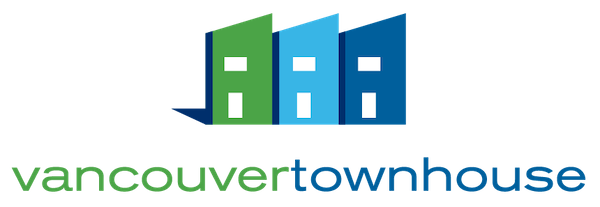Common Real Estate Terms Demystified! A-F
(Check back next month for G-K)
 Amortization
Amortization
The length of time required to lower a debt to zero Amortization periods are most often 15, 20, or 25 years long.
Anniversary
Most lenders allow borrowers to make a payment on the anniversary of the mortgage. It is applied against the principal and is a good way of reducing a loan.
Appraisal
An estimated value of a property that is completed by a certified appraiser for mortgage financing.
Approved Lender
A lending institution authorized by the Government of Canada to make loans under the terms of the National Housing Act. Only Approved Lenders can negotiate mortgages that require mortgage insurance.
Assumption
The term applied when a buyer assumes the seller’s mortgage.
Balanced Market
Where demand for property equals the supply of available property, usually with a decent inventory of homes on the market to choose and with relatively stable prices.
Blended Payment
A regular installment payment composed of both principal and interest in which part of the money received is applied toward the principal of the loan and part is applied to pay the interest.
Building Permit
A certificate that must be obtained from the municipality by the property owner or contractor before a building can be erected or repaired.
Buyer’s Market
When the inventory of homes for sale exceeds the amount of buyers in comparison. Property prices tend to be lower, and remain on the market longer. Buyers usually have more leverage in negotiating a purchase.
Closed Mortgage
A mortgage loan that has a locked-in payment schedule, which does not vary over the life of the closed term. A buyer who uses a closed mortgage will likely have to pay the lender a penalty if you fully repay the loan before the end of the closed term.
Closing Costs
Costs, in addition to the purchase price of a home, such as legal fees, transfer fees, and disbursements, that are payable on the closing date. Closing costs typically range from 2%-4% of a home’s selling price.
Closing Date
The date on which the sale of a property becomes final.
CMHC
Canada Mortgage and Housing Corporation. A Crown corporation that administers the National Housing Act for the federal government and encourages the improvement of housing and living conditions for all Canadians. CMHC also creates and sells mortgage loan insurance products.
Collateral Mortgage
A mortgage that secures a loan by way of a promissory note.
Conditional Offer / Conditions of Sale
An Offer to Purchase that is subject to specified conditions, for example, the arranging of a mortgage or/and home inspection. There is usually a time in which these conditions must be met.
Conventional Mortgage
A mortgage loan up to a maximum of 75% of the lending value of the property. Mortgage loan insurance is not required for this type of mortgage.
Covenant
A clause in a legal document, which, in the case of a mortgage, gives the parties to the mortgage a right or an obligation. A mortgage document consists of covenants agreed to by the borrower and the lender.
Conveyancing
The transfer of ownership of any property or real estate from one person to another.
Deed
A legal document, which is signed by both the vendor and the purchaser transferring ownership. This document is registered as evidence of ownership.
Default
Failure to abide by the terms of a mortgage loan agreement. A failure to make mortgage payments, defaulting on the loan, may give cause to the mortgage holder to take legal action to possess (foreclose) the mortgaged property.
Deposit
A sum of money placed in trust by the purchaser when an Offer to Purchase is made typically. The real estate representative or lawyer holds the sum until the sale is closed, and then it is paid to the vendor.
Discharge of Mortgage
A document signed by the lender and given to the borrower when a mortgage loan has been repaid in full.
Down payment
The portion of the house price the buyer must pay up front from personal resources, before securing a mortgage. (Usually between 5%-25% of the purchase price. ) Contact a recommended mortgage lender for more information about mortgages.
Easement
A right acquired for access to or over, or for the use of, another person’s land for a specific purpose, such as a driveway or public utilities.
Encumbrance
A registered claim for debt against a property, such as a mortgage.
Equity
The difference between the price for which a home could be sold and the total debts registered against the home. Equity usually increases as the outstanding principal of the mortgage is reduced through regular payments. Market values and improvements to the property also affect equity.
FHLI
First Home Loan Insurance – It allows qualified first-time buyers to purchase a home with as little as 5% down. In these cases, CMHC will insure mortgages of up to 95% of the home’s purchase price or the market value of the property, whichever is less. Contact a recommended mortgage lender.
Foreclosure
A legal procedure in which the lender gets ownership of the property if the borrower defaults on the mortgage loan. If you are looking for current foreclosures, email Vancouver Townhouse for a list of Vancouver Townhouse Foreclosures.
Have a question about the buying or selling process? Contact Ariane at Vancouver Townhouse to answer any questions you may have.
